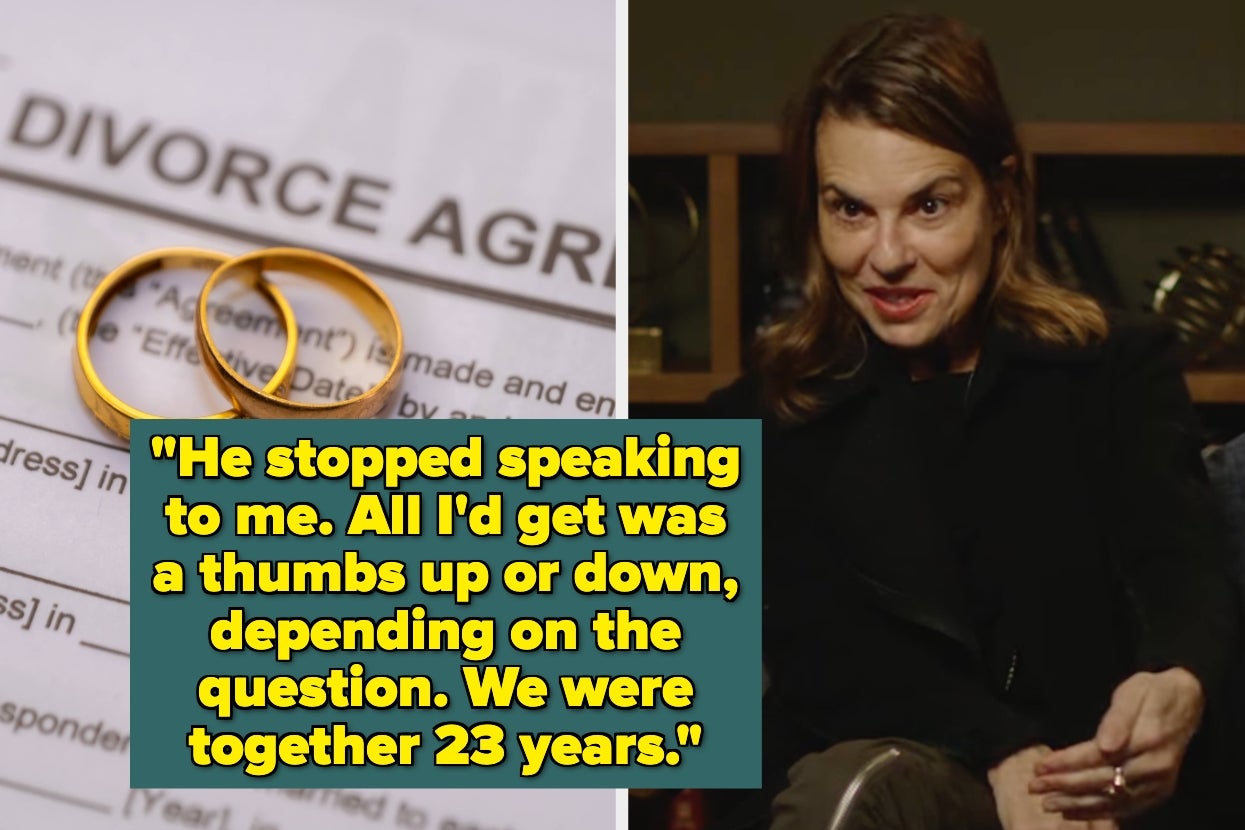Ron Rosenbaum
argues that a tape-recorded conversation on June 20, 1972 between Richard Nixon and his chief of staff, Bob Haldeman, suggests strongly that Nixon ordered the Watergate break-in (or at least knew exactly why it occurred):
[Nixon's] “public line”
[that he was baffled why anyone would break into Democratic headquarters] was a public lie. He had an explicit reason to believe there was
damaging information about him in Larry O'Brien's office and his
pooh-poohing of Watergate as a target shows him lying about that to
exculpate himself.
This interpretation is supported by Nixon’s exchange with his No. 2,
H. R. Haldeman. Who says, on that tape, after Nixon says there would be
no reason to go into the Watergate: “Except for the financial thing.”
The financial thing! The Hughes-Rebozo $100,000 bribe and the question
of whether O’Brien learned of it and planned to go public with it which
could have ended Nixon’s presidency right there. (O’Brien later said he
didn’t know about the Hughes-Nixon payoff, but Nixon didn’t know he
didn’t know and was obsessed with finding out if he did.)
“Yes I suppose,” says Nixon, in reply to Haldeman's suggesting "the financial thing" was a motive.
In February 2008, in response to an earlier iteration of Rosenbaum's argument, I
offered a more innocent explanation of the same conversation:
Here’s what Rosenbaum identifies as the key exchange:
NIXON: My God, the committee isn’t worth bugging, in my opinion. That’s my public line.
HALDEMAN: Except for this financial thing. They thought they had something going on that.
NIXON: Yes, I suppose.
Rosenbaum
argues that Haldeman means that “they,” the burglars, had been after
financial intelligence on the activities of DNC chairman Larry O’Brien.
Mr. Nixon’s off-handed acquiescence would show that he must’ve known why
the burglars had gone in all along. But it’s hard to argue that
Haldeman is talking about the burglars or O’Brien when we look at the
whole conversation as well as Haldeman’s next comment, which Rosenbaum
doesn’t address:
HALDEMAN: But I asked the question: If
we were going to all that trouble, why in the world would we pick the
Democratic National Committee to do it to? It’s the least fruitful
source–
A few moments before, Haldeman had been talking
about what “they,” meaning reporters, had been saying about burglar E.
Howard Hunt and his check for $690 found in the possession of another
burglar. So Mr. Nixon and Haldeman were actually talking about what
“they,” the press, were saying about Hunt’s finances. When Mr. Nixon
says his public line is going to be that the Watergate wasn’t worth
bugging, Haldeman gently implies that the President’s line is bit too
absolutist since “they,” the reporters, “thought they had something
going on [this financial thing]” — that is, the seeming financial link
between the burglars and Hunt, whose association with the White House
had already been established. Bugging the Watergate was obviously worth
Hunt’s money. Then Haldeman alludes to conversations he’s been having
with others about the silliness of bugging the Watergate. Spinning
gears? Certainly. Smoking gun? Seemingly not.









4 comments:
Wow, It's very illuminating to see this conversation deconstructed for proper analysis in full context. So much of what the public is spoon fed regarding these conversations turns out to be mere sound bites for people who want quick answers and have little patience for lengthy explanations.
Which begs the question, why didn't Rosenblum extend his analysis to cover the full conversation?
That's why your insights here are so interesting and informative. Your deeper understanding of the players and events serves as a surprising "reality check" for those who only skim the surface explanations popularized by a media who stopped looking for deeper understanding of these events long ago.
Like I said, you should write a book! I'd buy it.
Thanks, Dona. The conversation doesn't make much sense read Rosenbaum's way. But you can't blame a guy for trying. Pinning either the 1971 or 1972 burglary on Nixon is the holy grail.
I see, never thought of it that way.
I guess it harder or maybe impossible to prove conclusively that he didn't? Like you can't prove a negative?
Oops, I mistook a flower for a tree,
Rosenbaum, not blum.
Post a Comment